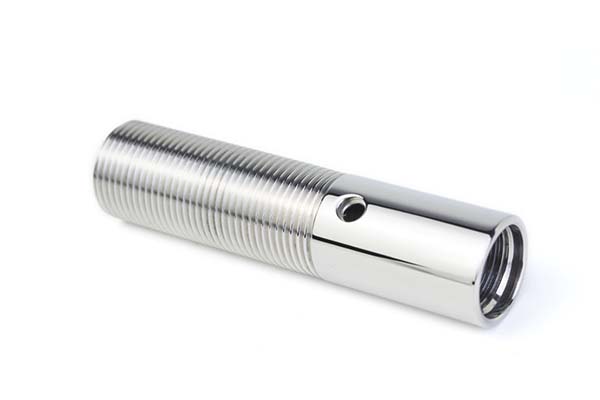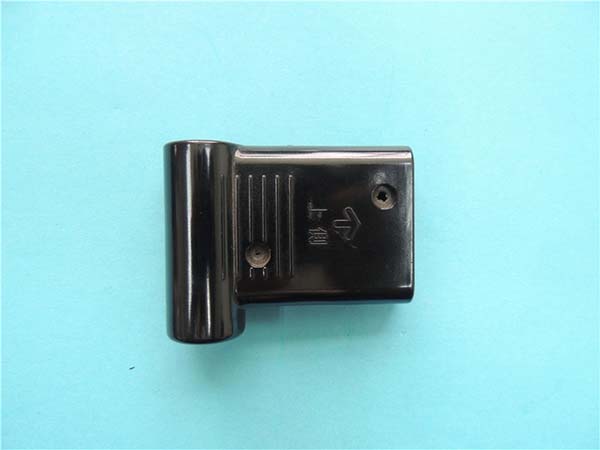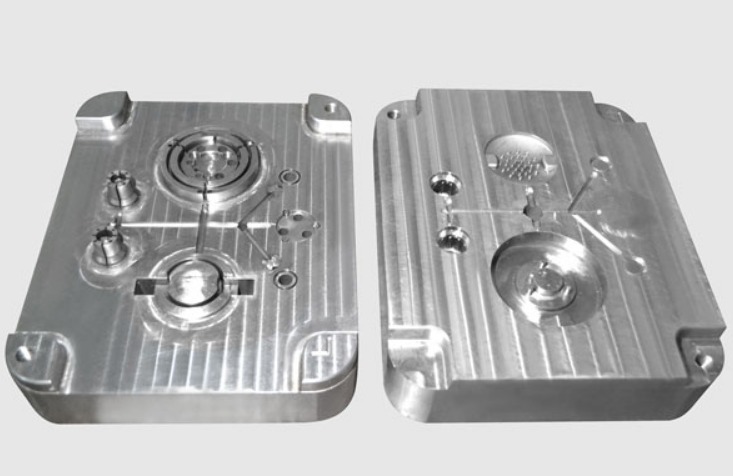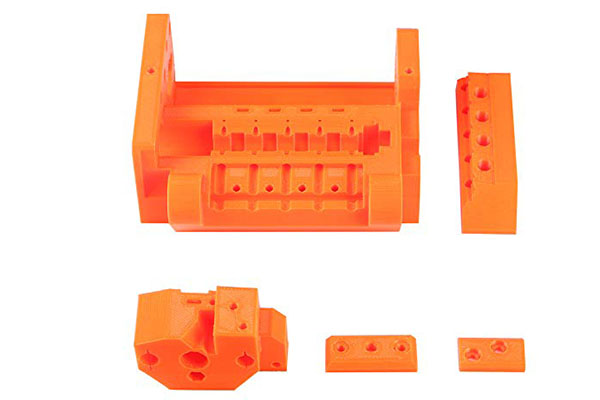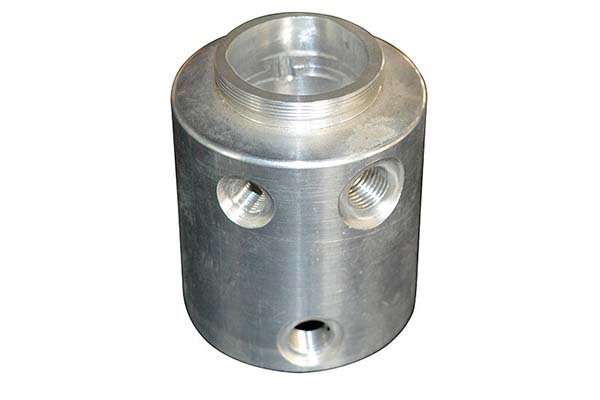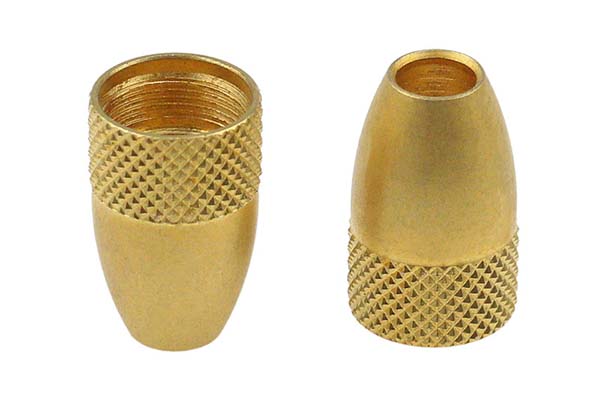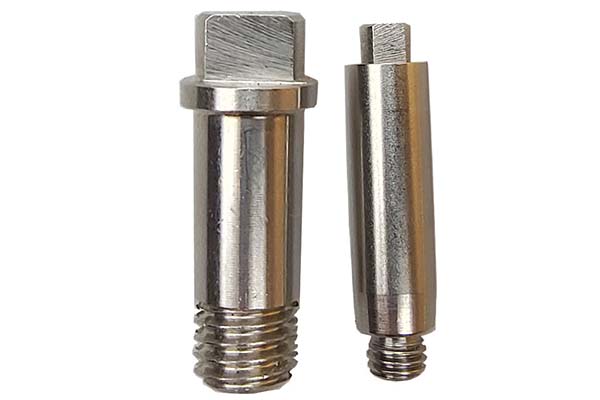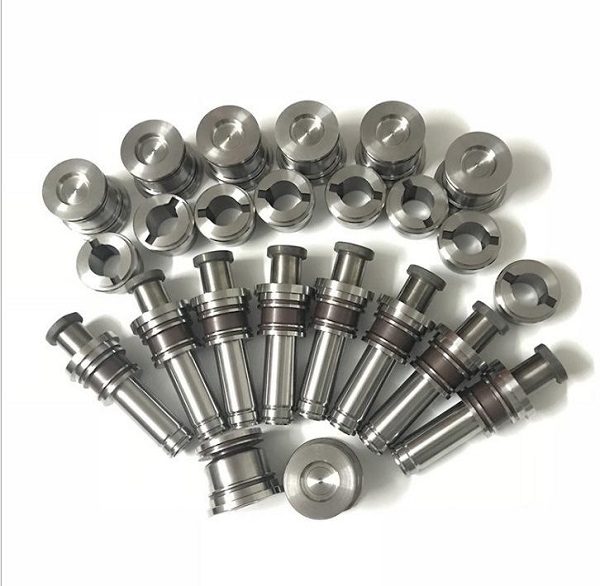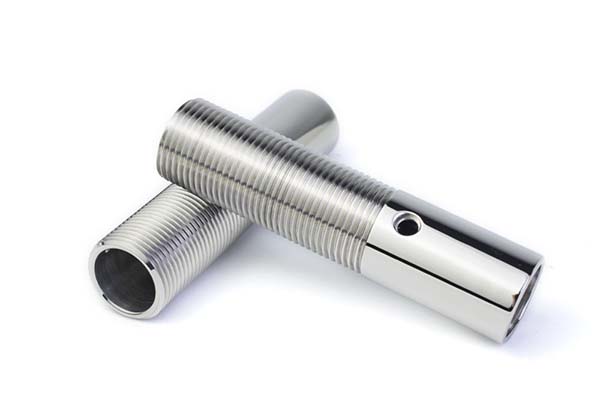Manufacturers often struggle with finding materials that balance high strength, good machinability, and reliability for critical components. AL7068 T6 has emerged as a top contender, but many face challenges in optimizing its machining process and ensuring consistent quality. This guide dives deep into all aspects of CNC machining AL7068 T6, equipping you with the knowledge to overcome these hurdles.
Material Properties of AL7068 T6
The AL7068 alloy with T6 temper is a high-strength aluminum alloy that stands out in demanding applications. Its mechanical properties are impressive: it boasts exceptional strength, making it suitable for load-bearing parts. The hardness of AL7068 T6 typically ranges from 150 - 170 HB (Brinell), ensuring durability under stress. While not as corrosion-resistant as some other aluminum alloys, its corrosion resistance is adequate for many industrial uses when proper surface treatments are applied. With a density of about 2.81 g/cm³, it offers a great strength-to-weight ratio. Its thermal properties include a thermal conductivity of around 130 W/(m·K), which is beneficial for heat dissipation in certain applications.
CNC Machining Process for AL7068 T6
The CNC machining process for AL7068 T6 requires careful attention to detail to achieve optimal results. CNC milling and CNC turning are the primary operations used, often performed on advanced machining centers. Designing efficient toolpaths is crucial to minimize tool wear and ensure precision. Cutting speeds for AL7068 T6 generally range from 100 - 300 surface feet per minute, depending on the tool material and operation. Feed rates are typically set between 0.002 - 0.005 inches per tooth, and spindle speeds can vary from 3000 - 10,000 RPM. The focus on machining accuracy and precision machining is vital, as many applications of AL7068 T6 demand tight tolerances.
AL7068 T6 Specifications
Understanding the AL7068 T6 specifications is key to successful machining and application. Its alloy composition includes elements such as zinc (around 7.0 - 8.0%), magnesium (2.4 - 3.0%), copper (1.6 - 2.4%), and small amounts of other elements. The tensile strength is approximately 600 - 650 MPa, and the yield strength is in the range of 550 - 600 MPa. The elongation at break is about 10 - 15%, indicating moderate ductility. Hardness levels are consistent with its high strength, as mentioned earlier. The surface finish achievable through machining is typically smooth, with dimensional tolerances often held to ±0.0005 - ±0.002 inches for critical features. Material certifications are readily available to ensure compliance with industry standards.
Applications and Uses of AL7068 T6
AL7068 T6 finds extensive use in various industries due to its excellent properties. In the aerospace sector, it is used for aerospace components like wing structures, landing gear parts, and structural brackets, where high strength and low weight are essential. In the automotive industry, it is employed in automotive parts such as suspension components and high-performance engine parts. In mechanical engineering, it is used for heavy-duty machinery parts. It also serves as a reliable material for electronics casings that require both strength and heat dissipation. Additionally, it is used in structural components and custom machined parts for a wide range of industrial applications.
Advantages and Benefits of AL7068 T6
The advantages and benefits of AL7068 T6 make it a preferred choice in many scenarios. Its high strength-to-weight ratio is a standout feature, allowing for lightweight yet strong components. It offers good machinability when the right tools and parameters are used, reducing production time and costs. While its corrosion resistance is moderate, it can be enhanced with surface treatments, providing enhanced durability. Its precision machining capabilities enable the production of complex parts with tight tolerances. In the long run, its performance and reliability make it cost-effective, and its wide range of applications adds to its versatility.
Tool Selection and Setup for AL7068 T6
Choosing the right tool selection and setup is vital for efficient machining of AL7068 T6. Cutting tools made from carbide tools are preferred due to their hardness and wear resistance, though high-speed steel tools can be used for less demanding operations. The tool geometry should have sharp cutting edges and proper rake angles to reduce cutting forces. Tool coatings such as TiAlN (titanium aluminum nitride) can significantly extend tool life by reducing friction and heat. Tool holders must be rigid to minimize vibration and ensure precise tool positioning. The key tool selection criteria include material compatibility, tool geometry, and coating, all aimed at achieving optimal performance and surface finish.
Quality Control and Inspection for AL7068 T6 Parts
Maintaining high quality in AL7068 T6 parts requires robust quality control and inspection processes. Dimensional inspection using coordinate measuring machines (CMMs) ensures that parts meet the specified tolerances. Surface roughness measurement techniques like profilometry are used to verify the surface finish. Material testing including tensile testing and hardness testing is performed to confirm the mechanical properties. Non-destructive testing (NDT) methods such as ultrasonic testing are employed to detect internal defects. A strong quality assurance system is in place, utilizing advanced inspection equipment to ensure every part meets the required standards. Tolerance verification is a critical step in the final inspection to guarantee part functionality.
Yigu Technology, a trusted parts custom manufacturing supplier, excels in CNC machining AL7068 T6. Our expertise in tool selection, process optimization, and strict quality control ensures high-precision parts. We leverage advanced equipment to meet tight tolerances, serving aerospace, automotive, and industrial sectors with reliable, custom solutions.
FAQ
- How does AL7068 T6 compare to AL7075 T6 in terms of strength?
AL7068 T6 generally has higher tensile and yield strengths than AL7075 T6. AL7068 T6's tensile strength is around 600 - 650 MPa, while AL7075 T6 is typically 510 - 570 MPa, making AL7068 T6 better for high-stress applications.
- What surface treatments are recommended to improve AL7068 T6's corrosion resistance?
Anodizing is a common surface treatment for AL7068 T6, as it forms a protective oxide layer. Other options include painting with corrosion-resistant coatings or applying chemical conversion coatings to enhance its ability to withstand corrosive environments.
- Can AL7068 T6 be used for parts requiring high precision?
Yes, AL7068 T6 is suitable for high-precision parts. With proper CNC machining processes, including accurate toolpaths and tight control of cutting parameters, it can achieve dimensional tolerances as tight as ±0.0005 inches, meeting the demands of precision applications.
